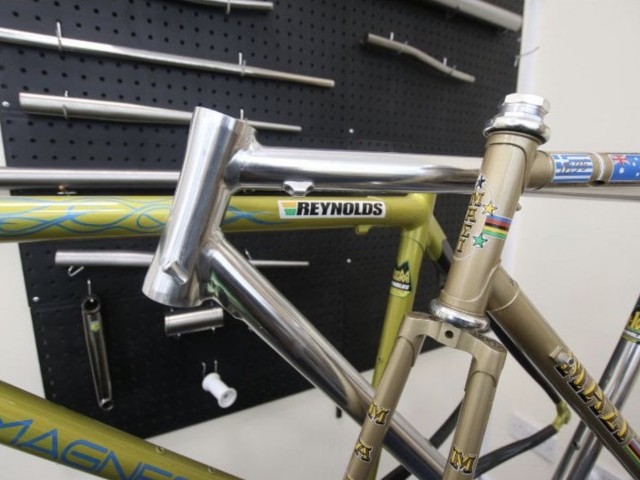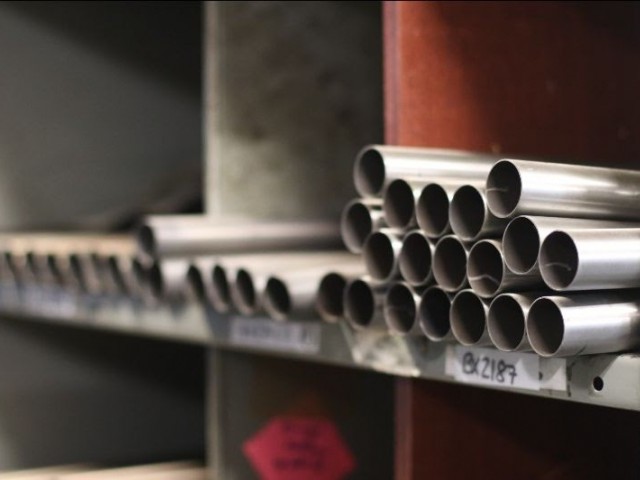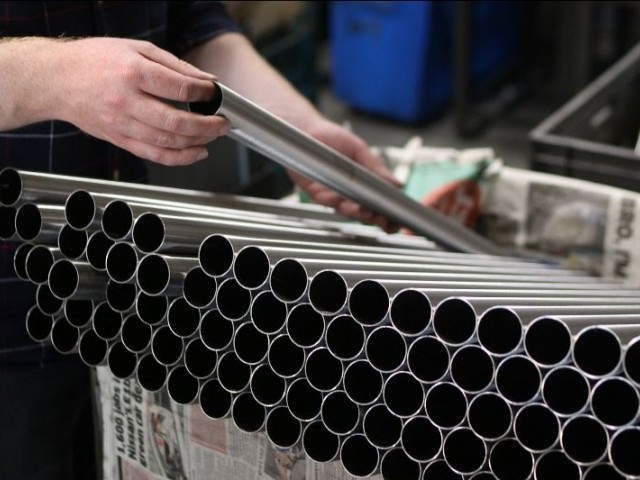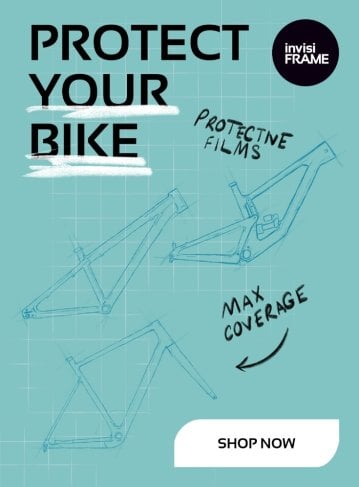Reynolds Technology Publishes Environmental Impact Study
Reynolds Technology, the UK-based manufacturer of metallic bicycle tubing, has published the findings of its first Environmental Impact Study.
The study is the end result of a thorough review of Reynold’s manufacturing operation, with the purpose of better understanding its own carbon footprint and helping frame builders and customers to assess the environmental impacts of their bikes.
Published on Reynolds’ own website and available to download, the study aims to quantify the belief that steel is an excellent and sustainable choice for bicycle manufacturers.
Reynolds’ General Manager Martin Shepherd said “It would be easy to just say that bikes are good and are a solution to the climate crisis, but this study enables us to look inside the business to make improvements and to keep reducing our impact. By bringing our carbon footprint into the decisions we make, both daily and long-term, we can do our bit to make cycling even kinder to the world we live in”.
The benefits of steel and titanium are, Reynolds say, well documented. The materials are inherently durable, long-lasting, easily repairable and straightforward to recycle. Steel is suitable for all cycling disciplines, from urban mobility to elite racing, and stainless steel and titanium don’t require painting, reducing environmental impact even further.
But, says Reynolds, it’s not enough to simply ‘believe’ in the material and true to its tagline “there’s power in numbers” sought a deeper understanding of the impact of its manufacturing impacts.
The key findings of the study are:
Not all steel frames are created equal. Ferrous steel frames produce the lowest carbon emissions during manufacture, followed by titanium, followed by stainless steel. A conventional ‘double diamond’ ferrous steel frame produces 17.2kg CO2e, titanium 53.92kg and stainless 59.44kg.
Airfreighting goods to and from Reynolds is the manufacturer’s biggest environmental impact, which has been worsened by logistical challenges caused by the Covid-19 pandemic. Reynolds will be working with suppliers and customers to improve planning and avoid airfreight.
Global travel represents the majority of Reynolds’ non-production CO2 generation. With staff often travelling overseas for trade shows and meetings, there’s a significant opportunity to improve by minimising trips, making better use of remote-meeting technology, and enhancing the role of local distributors.
Factory improvements present another significant opportunity for emissions reductions. With a 50-year-old factory, Reynolds can make relatively simple improvements by better insulating the factory and reducing the use of gas heating during the winter.
An existing near zero-landfill approach means that Reynold’s sends almost nothing to landfill, made possible through the use of recyclable packaging, minimal plastic use and a state-of-the-art waste collection service.
The study has also confirmed that all of Reynolds’ steel comes from 100% recycled materials, significantly reducing the environmental footprint of the manufacturing process.
In completing the study, Reynolds acknowledges that it is the first step in an ongoing process. The report will continue to be updated and refined as time goes on and, as Shepherd states “we want to continue the work, both measuring the improvements we make to Reynolds, but also to get better data to reduce the margin of error on the published numbers. It is the start of the journey for Reynolds, not the end”.
Shepherd adds “We’re already using the study to influence planning and decision making, starting with a commitment to better insulate our factory and reduce our use of air freight. It’s an active agenda for change, not just a report to stick on the website and feel virtuous about”.
Reynolds Technology is based in Birmingham, England and was founded in 1898 by John Reynolds. Reynolds was the first company to patent the butted and double-butted tube and has spent the last 124 years manufacturing high-quality bicycle tubing that helps manufacturers and cyclists push the boundaries of performance.
You can read the Reynolds Environmental Impact Study here.




